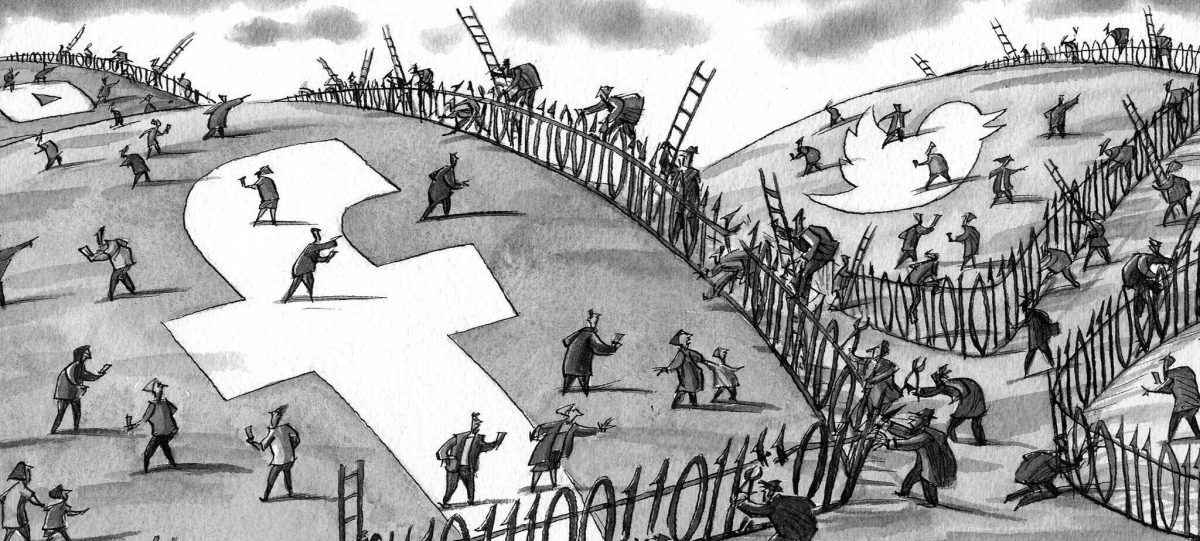Introduction
In the realm of decision-making, there exists a mental model known as the Tragedy of the Commons. Coined by ecologist Garrett Hardin in 1968, this concept refers to a situation where individuals, driven by self-interest, deplete or exploit a shared resource to the detriment of the collective. It highlights how rational individuals, when acting independently, can collectively lead to irrational outcomes. The Tragedy of the Commons is deeply rooted in human psychology and has a profound impact on our day-to-day lives. In this blog post, we will explore the relevance of this mental model, examine examples across personal, business, and public policy contexts, delve into the psychological biases that contribute to this phenomenon, and offer practical strategies to avoid falling into this mental trap.
The Essence of the Tragedy of the Commons
The Tragedy of the Commons is anchored in the basic premise of self-interest. When faced with a shared resource, individuals are motivated to maximize their personal gain, often neglecting the long-term consequences of their actions. This concept finds resonance in various decision-making scenarios, leading to negative outcomes that can be detrimental to individuals, organizations, and society as a whole.
Examples of the Tragedy of the Commons
Personal Life Decisions:
Consider a neighborhood where residents share a communal garden. Each individual has the freedom to use the garden as they please. However, as the garden’s popularity increases, residents may be inclined to use more than their fair share, resulting in overuse and deterioration of the space. Despite recognizing the need for moderation, the temptation to exploit the resource leads to its eventual degradation, negatively impacting everyone involved.
Business Scenarios:
In the realm of business, the Tragedy of the Commons manifests in various forms. For instance, in a sales team, individual members may be driven by personal incentives and commissions. However, when the team as a whole overexerts its efforts to secure individual gains without considering long-term sustainability, it can lead to burnout, decreased team morale, and compromised overall performance. The relentless pursuit of short-term personal gains can undermine the collective success of the team.
Public Policy-Making:
Public resources are particularly vulnerable to the Tragedy of the Commons. Consider a fishery governed by open access. Each fisherman has an incentive to catch as many fish as possible to maximize their profit. However, if every fisherman follows this logic, the fish population will rapidly decline, leading to the collapse of the fishery and the loss of livelihoods for all involved. The absence of regulations or collaborative agreements can amplify the Tragedy of the Commons and undermine the sustainability of shared resources.
Psychological Biases and Underpinnings
The Tragedy of the Commons is intertwined with various psychological biases that influence decision-making. One such bias is the “short-term bias.” Humans tend to prioritize immediate gains over long-term consequences, often neglecting the sustainability of shared resources. This bias can blind individuals to the impending negative outcomes resulting from their actions.
Another contributing factor is the “free-rider problem.” This bias arises when individuals exploit a shared resource without contributing their fair share. It capitalizes on the assumption that others will bear the burden of responsible action, creating a sense of entitlement and encouraging free-riding behavior. When multiple individuals adopt this perspective, the resource becomes overburdened and depleted.
Furthermore, the Tragedy of the Commons is intertwined with cognitive biases such as the “availability heuristic.” This bias causes individuals to rely heavily on immediate and easily accessible information when making decisions. In scenarios where the depletion of a shared resource is not immediately noticeable, individuals may underestimate the negative consequences of their actions, leading to continued exploitation.
Identifying and Avoiding the Tragedy of the Commons
Recognizing the signs of the Tragedy of the Commons is crucial to avoid falling into this mental trap. Here are some strategies to help individuals and groups navigate this challenge:
Awareness: Cultivate an understanding of the Tragedy of the Commons and its implications. By being conscious of the potential negative outcomes, individuals can develop a sensitivity to situations where shared resources are at risk.
Collaboration and Communication: Foster open dialogue and cooperation among individuals who share common resources. By establishing clear guidelines, rules, and agreements, it is possible to mitigate the Tragedy of the Commons. Encourage discussions on long-term sustainability, shared responsibility, and collective well-being.
Incentive Structures: Design incentive structures that align individual self-interest with the preservation of shared resources. By rewarding responsible behavior and discouraging exploitative actions, individuals are more likely to act in a manner that benefits the collective in the long run.
Conclusion
The Tragedy of the Commons serves as a cautionary tale, shedding light on the human tendency to prioritize immediate self-interest over the collective good. Its prevalence in various contexts, from personal decisions to business scenarios and public policy-making, underscores the importance of understanding and addressing this mental trap. By recognizing the psychological biases that contribute to the Tragedy of the Commons and adopting strategies to avoid it, individuals can make more informed and sustainable decisions. The key lies in cultivating awareness, fostering collaboration, and designing incentive structures that promote responsible behavior. Through proactive measures, we can navigate the Tragedy of the Commons and strive for outcomes that benefit both individuals and society at large.
